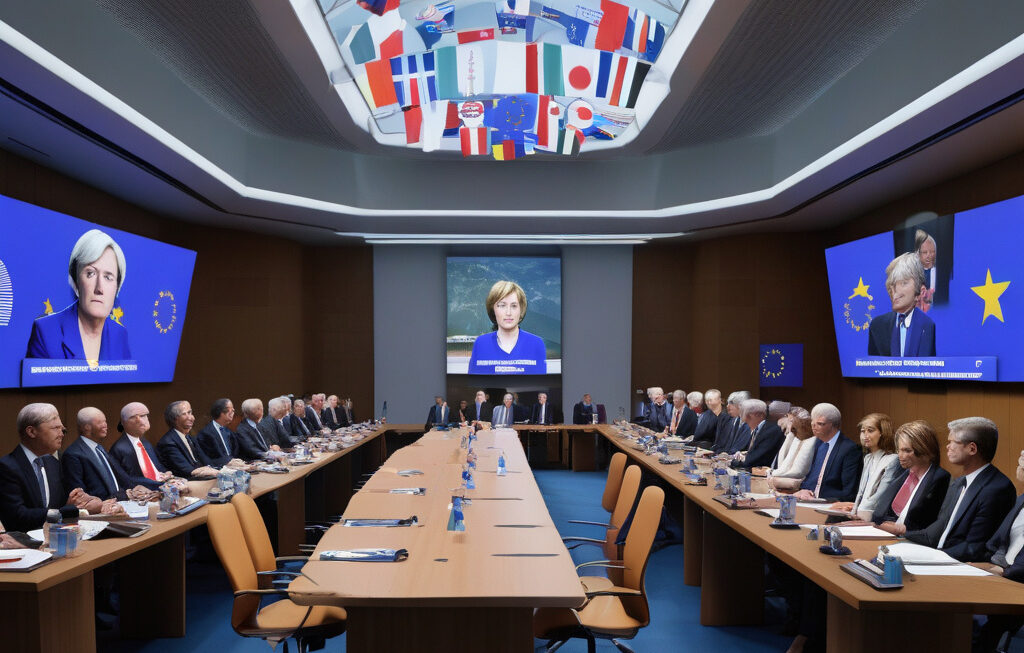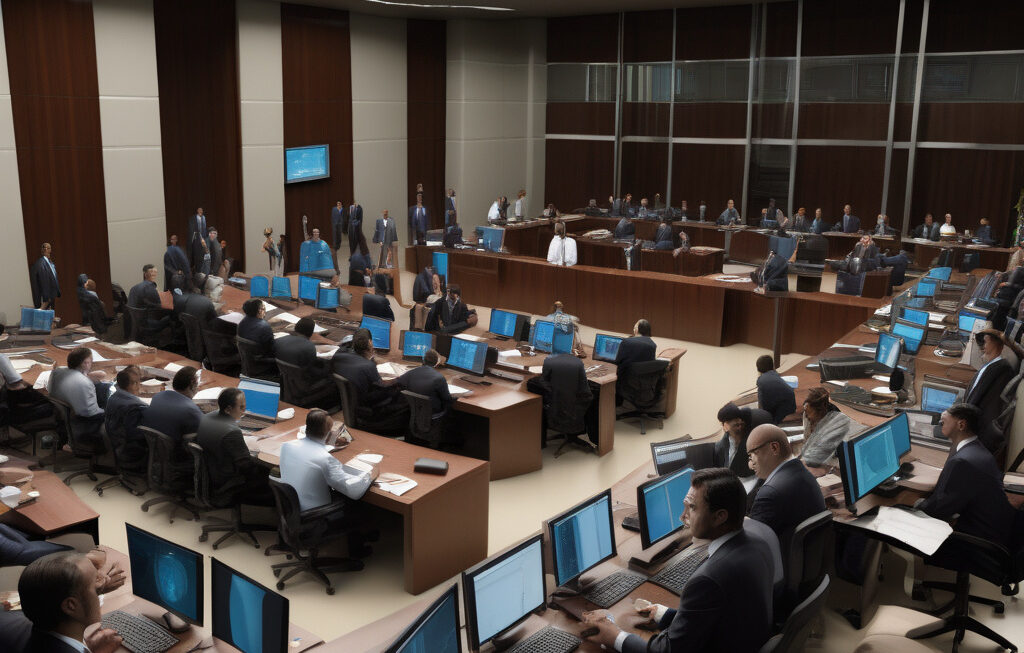Brazil Challenges Meta’s Hate Speech Policy Changes
Brazil has recently taken a stand against Meta, the parent company of social media giant Facebook, over proposed policy changes that could potentially weaken protections against hate speech. The Brazilian government has demanded answers from Meta regarding the implications of these changes and how they may impact the country’s efforts to combat online hate speech and misinformation.
This move by Brazil comes at a time when the regulation of social media platforms and their handling of harmful content is under increasing scrutiny worldwide. With the rise of fake news, hate speech, and misinformation circulating online, governments are becoming more vigilant in holding tech companies accountable for their role in allowing such content to proliferate on their platforms.
Meta’s proposed policy changes have sparked concerns in Brazil, as they could potentially create loopholes that would make it easier for hate speech to spread unchecked on Facebook and other Meta-owned platforms. This is particularly troubling for a country like Brazil, which has a history of struggles with online hate speech and disinformation, especially during sensitive periods such as elections or social unrest.
By demanding answers from Meta, Brazil is signaling its commitment to ensuring that social media companies uphold their responsibility to combat hate speech and protect users from harmful content. The government’s proactive stance on this issue sets an important precedent for other countries facing similar challenges in regulating the digital sphere.
It is essential for tech companies like Meta to work closely with governments and regulators to address concerns about the spread of hate speech and misinformation on their platforms. By engaging in constructive dialogue and taking concrete actions to strengthen their content moderation policies, companies can demonstrate their commitment to creating a safer online environment for users around the world.
Brazil’s decision to challenge Meta’s hate speech policy changes highlights the importance of proactive governmental oversight in regulating social media platforms. As technology continues to play an increasingly central role in our lives, it is crucial that we hold tech companies accountable for the content that is shared on their platforms and ensure that they are taking all necessary measures to prevent the spread of harmful speech.
In conclusion, Brazil’s demand for answers from Meta regarding its policy changes on hate speech serves as a reminder of the critical role that governments play in shaping the digital landscape. By working together with tech companies, regulators, and civil society, we can create a more inclusive and responsible online environment for all users.
#Brazil, #Meta, #HateSpeech, #PolicyChanges, #OnlineRegulation












